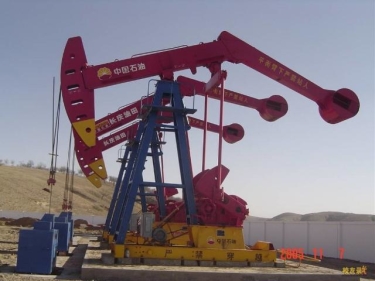Couldn't find the product you want?
Fill out this form to request the product.
Fuel and oil are number 1 export commodities in the world and essential part of humanity comfort living. Petroleum products include transportation fuels, fuel oils for heating and electricity generation, asphalt and road oil, and the feedstocks used to make chemicals, plastics, and synthetic materials found in nearly everything we use today.
Sell fuel products on Export Portal, expand your business worldwide! Buy fuel on our site, find international suppliers and get the best deals online!
Fuels are materials made to react so that they release chemical or nuclear energy as heat or to be used for work. The heat energy released by reactions of fuels is converted into mechanical energy via a heat engine. Other times the heat itself is valued for warmth, cooking, or industrial processes, as well as the illumination that comes with combustion.
Oil most often refers to:
- petroleum (crude oil), naturally occurring liquid found beneath the Earth's surface, or a derived product
- fuel oil, liquid fuel burned for heat or power
- heating oil, liquid fuel used for building furnaces or boilers
- motor oil, any of various lubricants used in internal combustion engines.
Fuel oil or heavy oil is a fraction obtained from petroleum distillation, either as a distillate or a residue. It is any liquid fuel that is burned in a furnace or boiler for the generation of heat or used in an engine for the generation of power.
Chemical fuels are divided into natural fuels and artificial fuels.
Solid fuels: wood, coal, peat, dung, coke, charcoal, wood pellets.
Liquid fuels: petroleum (diesel, gasoline, kerosene, LPG, coal tar, naptha, ethanol).
Gaseous fuels: natural gas (hydrogen, propane, butane, coal gas, water gas, blast furnace gas, coke oven gas, CNG).
Biofuel can be broadly defined as solid, liquid, or gas fuel consisting of, or derived from biomass. Biomass can also be used directly for heating or power—known as biomass fuel. Biofuel can be produced from any carbon source that can be replenished rapidly e.g. plants. Many different plants and plant-derived materials are used for biofuel manufacture.
Fossil fuels are hydrocarbons, primarily coal and petroleum (liquid petroleum or natural gas), formed from the fossilized remains of ancient plants and animals by exposure to high heat and pressure in the absence of oxygen in the Earth's crust over hundreds of millions of years. Commonly, the term fossil fuel also includes hydrocarbon-containing natural resources that are not derived entirely from biological sources, such as tar sands. These latter sources are properly known as mineral fuels.
Nuclear fuel is any material that is consumed to derive nuclear energy. Technically speaking, All matter can be a nuclear fuel because any element under the right conditions will release nuclear energy, but the materials commonly referred to as nuclear fuels are those that will produce energy without being placed under extreme duress.
The petroleum industry generally classifies crude oil by the geographic location it is produced in (for ex. West Texas Intermediate, Brent, or Oman), its API gravity (an oil industry measure of density), and its sulfur content. Crude oil may be considered light if it has low density or heavy if it has high density; and it may be referred to as sweet if it contains relatively little sulfur or sour if it contains substantial amounts of sulfur.
Export Portal offers a great possibility to buy petroleum on our site having a wide selection of mineral products and suppliers from all over the world. Sell petroleum here as well, get the best for your business!
